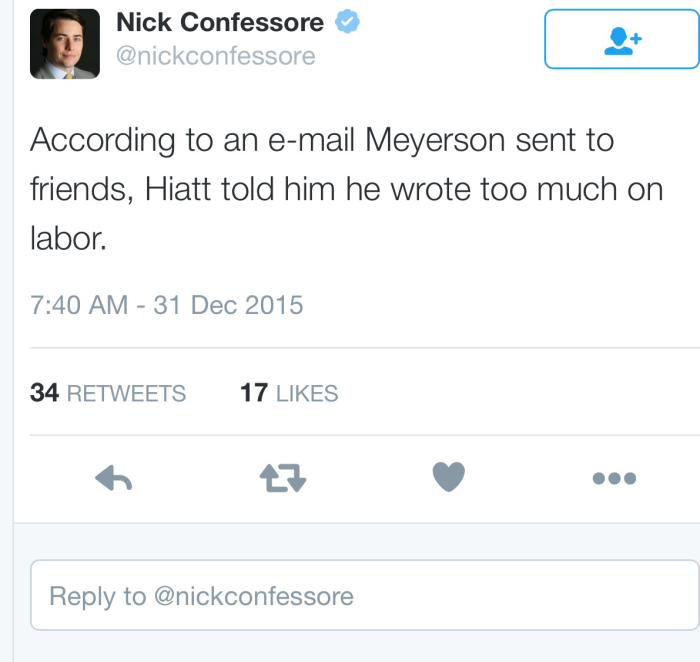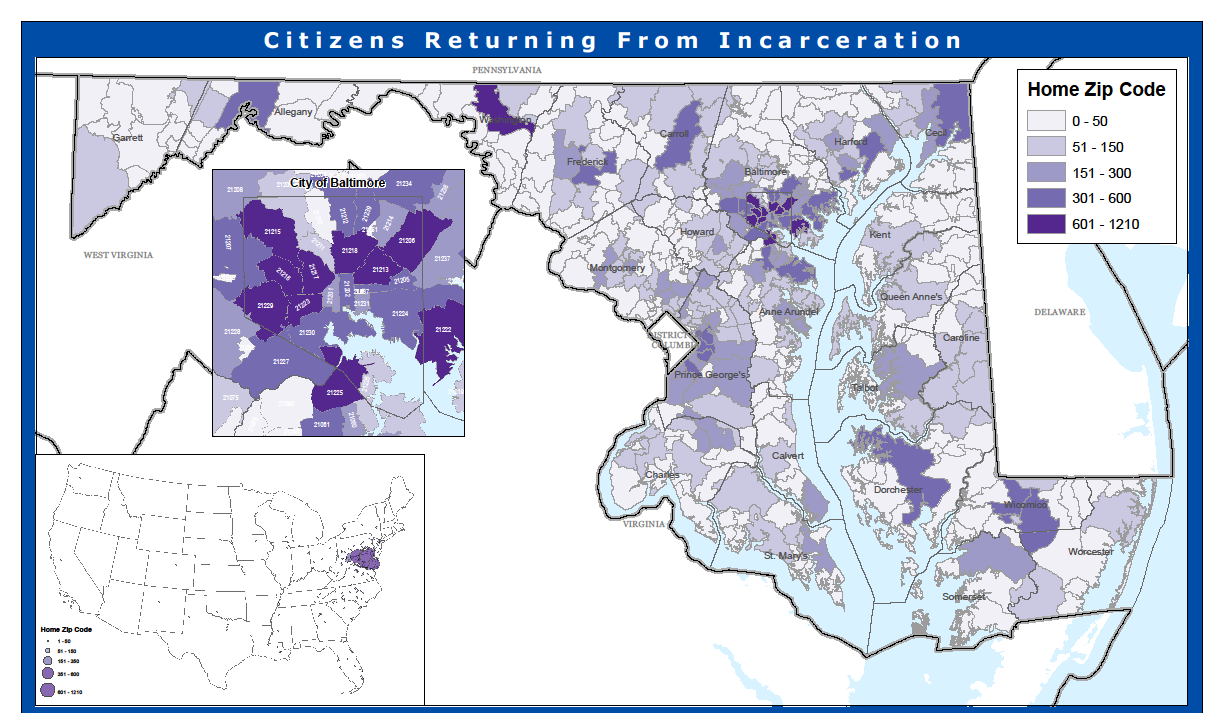I wrote the original version of this post almost a month ago. I hesitated to post it then, for a number of reasons, some of which are described below. I’ve played around with it some, but not all that much. It’s Tough Love Tuesday. Time to pull the trigger. Blam. Here we go.
Seven candidates are running to represent the new CD8, what with Chris Van Hollen off to war for a Senate seat with my former client Donna Edwards. I know all seven of them to varying degrees: all the way from Joel Rubin and David Anderson, both of whom I met within the past three months, to Jamie Raskin, who I met at the very first Greater Silver Spring Democratic Club picnic at my house in 2005. Six people ran the Raskin campaign together in 2006 - and two of them lived at my house. My wife Rebecca Lord was Jamie’s political director. I didn’t take a title (I called myself minister without portfolio, Jamie called me his practitioner of the dark arts, others called me “Dr. Evil,” and I have the t-shirt to prove it, a gift from my fellow Raskinistas after the campaign) because I did oppo research and online stuff that would have looked bad coming from “staff.” But I was at every meeting, and I did a little bit of everything - field, events, media, you name it, I did it. When the press today says I was campaign counsel, that’s literally true - but also absurdly misleading at the same time.
But even in the middle, there are interesting relationships. I ran for delegate with Will Jawando in 2014. I’ve worked with Ana Sol Gutierrez on legislation in Annapolis. I knew Kumar Barve a little bit before this year, but now, having spent time with him on this campaign, I consider him a friend. I’m old enough to remember Kathleen Matthews as the news anchor for Channel 7, and I’ve gotten to know her a little bit too.
So unlike the first two tough love posts, this one is by far the toughest - for me. In this race, several of the candidates are people I think of as friends, some more so, some less, but the fact remains. So I’ve wavered over what to do. Do I give the real honest to God unvarnished truth? Do I pull my punches and sugar coat it because I like these folks, even the ones I don’t know as well?
I put a huge amount of stock in trust, and loyalty. Those who know me well will agree with that readily. I am a stubbornly loyal person, sometimes to a fault. So I’m a weirdo here - not quite a journalist, not quite a politician, nor a lobbyist, but someone with real skin in the game, trying to provide a perspective that nobody else can, not because I’m so smart or anything obnoxious like that, but because I’m me - part fish, part fowl, 100% loyal, yet publishing according to my own rules, which I can’t even tell you what they are - like former Supreme Court justice Potter Stewart famously said about pornography, “I know it when I see it” is my rule.
So this exercise puts me in a bit of a bind. I’m loyal, yet I’m supposed to deliver tough love. I know things, and they inform my judgment, but it would be wrong to say some of those things directly. So you’re going to have to trust me when I say this: I know more about much of what I’m about to say than anything I’ve written so far, but I’m not always going to say why. Which leaves a few - not many - opinions I have that I can’t say, because they’re based on things that would violate my conscience to reveal. All in all, though, I feel like I can deliver an honest and complete assessment without those particular opinions. What’s left is complete and informative - I hope - and accurate, as far as it goes. And honest. Always.
So with that absurdly long winded open, here goes. In random order:
Joel Rubin: I came prepared not to like him. He was getting in late, I’ve never heard of him, and his experience is all DC-based. Marylanders hate that kind of guy, as I’ve written before. But he’s charming and smart, as is his wife, who I sat next to for two hours during his first debate. And he clearly knows his stuff about foreign policy and finding his way around the thickets of the DC foreign policy establishment. So I’m sorry I ripped him for doing an interview with a Republican blogger. But …
I still have no idea how Rubin intends to be anything other than an afterthought in this race. He has no Maryland experience at all, other than some involvement with the Town of Chevy Chase, he’s young, he has no money and he’s up against well-funded, experienced, deep rooted opponents who have a nine month head start on him. Joel, I’m glad to have met you, but WTF, dude?
David Anderson: the contrarian in the race. Even though I don’t agree with him I appreciate his bringing up issues and taking positions no one else wants to talk about. Two things: one, see my comments above about Joel Rubin. Second, Dave needs to work on delivery. It’s one thing to disagree, but he shouldn’t be so disagreeable when he does it. He’s coming across like a jerk - which he’s not - by being abrasive. He’d get far more mileage out of humor than distemper.
Ana Sol Gutierrez: Ana is as charming as can be, but translating strong name recognition and favorability into something more is not going to happen by itself. More money, more campaign presence, and more policy chops would all help a lot. She’s doing the best job so far of running an identity politics campaign, but my sense is that there’s a lower ceiling for her than for the other identity politics candidate . . .
Will Jawando: . . . perhaps because he’s pitching himself as both the only African-American and the only millennial candidate in the race. How that second category works for him is going to be key. If he can find a way to make and consolidate even some of that appeal, he has a chance to rise. And nobody gives as good a speech as Will does, especially when he talks about his background. But it can come across as canned sometimes, and he needs to show some more personal touch in crowds. Honestly, Will, watch the way your wife works a room and do more of that.
Kumar Barve: the most experienced and accomplished legislator, a trailblazer in the Indian-American community, works hard, doesn’t seem to get anywhere so far. What’s wrong with this picture? I think he can and will do better money-wise but there seems to be something missing. His campaign ad about his grandfather is one of the best I’ve ever seen. He needs to let people see his sense of humor. He continues to exude confidence and good cheer, but something new is called for. I’ve said less here than I want to, but I really am perplexed.
Kathleen Matthews: the lightning bolt from out of left field (I love mixing metaphors), she’s shaken up this race from the drop. Tapped into major financial networks, she’s raised a lot of money, but only in the last report did she pass Jamie Raskin in contributions. A smooth, smooth presence, she’s quickly managed the transition from good public speaker to confident and assured candidate (not an easy transition). Kathleen is a Rohrschach test - people’s reactions to her say far more about them than they do about the candidate (the last candidate I said this about was me. You’d be amazed how many people went from thinking I was the anti-Christ - bad parent, secret Republican, thief, not at all progressive, anti-labor - to not being able to make it through the day without one of my blog posts). Matthews has been slammed as a corporate shill, an out of touch rich white woman, a conserva-Dem, anti-choice, pro-fracking, uninvolved, inexperienced, unqualified and ultimately illegitimate candidate. All in less than seven months. She’s handled it well, showing grace and charm.
Well done. So far. But there’s more to do. The criticism isn’t going to stop, but she can meet it without giving it credence. She has a good stump speech but it needs more. My sense is that she’s being cautious in her approach and I respect that, but I think she could get a lot of mileage out of playing against type. Let it rip a little, let people see her get worked up, angry, passionate. Real. Not saying she’s not, but so much of good politics is making things visible. Show, don’t tell. Etc.
Jamie Raskin: this was his race to win early on. He was in early, he generated enthusiasm and support, but he needed - from day one - to broaden the base, to not pitch the campaign at Takoma Park, but to think Bethesda and Rockville and Gaithersburg and Frederick and Westminster. And moderates, at least a little bit. And people who didn’t know him. Of which there are a lot.
But the race he’s run has been a replay of 2006. Well, this ain’t 2006. Raskin isn’t an insurgent - he’s an experienced legislator with a strong record of accomplishment. And Kathleen Matthews is not Ida Ruben, no matter how hard Jamie tries to fit her into that box.
CD8 is not LD20. A congressional race is not a state senate contest. It’s not just bigger, it’s DIFFERENT. And while he has a great campaign team that is totally committed to him, it’s not like 2006 in another way: back then, we told him “no” a lot, and he listened a lot, and he only rarely fought our collective advice. That was an unparalleled team of utter neophytes who all turned out to be really, really good at politics. Now, he’s “Jamie Raskin, progressive icon” and who’s got the nerve to tell that guy “no”? It’s not their fault, we were just lucky enough to be around him before the mythology and the inevitability began.
People don’t want a “transformational” congressman, they want a “transactional” one. Where’s my social security check? Why haven’t I gotten my immigration visa? I need a passport - yesterday. Washington isn’t Annapolis. Jamie’s not going to change the world, and the people who think he can? They’re already going to vote for him. The people Raskin needs to persuade think he’s full of himself with all the superlatives in every email, every Facebook post.
Look, full disclosure - Jamie Raskin repaid 10 years of my loyalty horribly in 2014. Details irrelevant here. Despite that, I continue to talk to him about his campaign and tell him what I think. We’ve had a lot of conversations about a lot of things that ultimately are between me and him and nobody else. But nothing here will be news to him. I don’t claim objectivity but the reality is that virtually all of the above is being noticed and discussed by a lot more people than just me.
Well, that’s that. I hope my comments are taken in the spirit in which they’re offered, but that’s not for me to decide. My work here is done. For now. 119 days to the primary, 107 days to the start of early voting. Tick tock.


